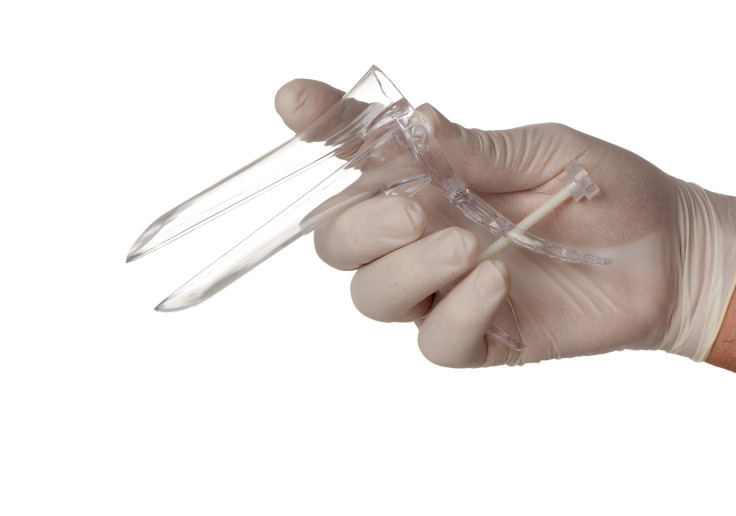HPV Tests May Predict Cervical Cancer Risk Better Than Pap Smears; The Importance Of Getting Tested

Around 91 percent of cervical cancer cases are caused by the human papillomavirus, also known as HPV. Due to this overwhelming statistic, wouldn’t it make sense that the best prevention for cervical cancer would be the detection of this extremely common virus? That’s exactly what researchers from one study believe, and they're calling for the long-trusted Pap test to be replaced with screening for HPV.
Compelling Evidence Suggests HPV Test’s Superiority
Researchers from the National Institutes of Health’s National Cancer Institute feel that HPV screenings may offer a “viable alternation” to the traditional Pap screening, and have collected very strong evidence to back their case. The study included data from over one million women between ages 30 and 64 who were screened for cervical cancer at Kaiser Permanente Northern California since 2003, Reuters reported.
Women who tested negative in their Pap or HPV tests were the primary focus of the researchers, who were eager to see how many of these negative test results actually resulted in cancer up to five years after testing. “What we wanted to see is whether primary HPV screening could be a good alternative to Pap and compare it to co-testing,” lead author Julia Gage told Reuters.
Results showed that 20 out of the 100,000 women who received a negative Pap test ended up developing cervical cancer within five years of their test. This number was nearly halved when compared with results from the HPV test. Only 11 of the 100,000 women who tested negative for HPV went on to develop cervical cancer. In the 100,000 women who tested negative for the HPV/Pap co-test, 14 went on to develop cancer.
What Are Pap and HPV Tests?
HPV is without doubt the most common sexually transmitted infection, infecting an estimated 79 million people worldwide, according to Reuters. The HPV test is similar to the Pap smear, requiring doctors to take a cell sample of a woman’s cervix. However, unlike the Pap test, which is designed to find any abnormalities in the cervix, the HPV test specifically looks for the presence of HPV.
Don’t Say Goodbye To The Pap Smear Just Yet
According to Gage, the results are not surprising when one takes into consideration the fact that HPV is the number one cause of cervical cancer. Still, regardless of the study’s results, the researchers are not suggesting that the Pap smear be forever retired. It is still regarded as an important indicator of female health, and would be a useful tool in monitoring the status of women who are already known to be carriers of HPV.
Cervical Cancer Is Not To Be Taken Lightly
In the year 2014, about 12,000 women were diagnosed with cervical cancer, and of them, one third have already died from the disease, according to information released by the National Cancer Institute. The disease is slow-growing and rarely has symptoms. Internal examinations, such as the Pap or HPV test, are the only way to diagnose the disease and their results are often the only indication that a woman is even suffering from the cancer in the first place.
In 2012 the U.S. Preventive Services Task Force recommended that all women between the ages of 21 and 65 received a Pap test every three years, and those between the ages of 30 and 65 take both the HPV and Pap test once every five years, Reuters reported.
Source: Gage JC. A negative HPV test may predict lower cervical cancer risk than a negative Pap. Journal Of The National Cancer Institute. 2014.



























